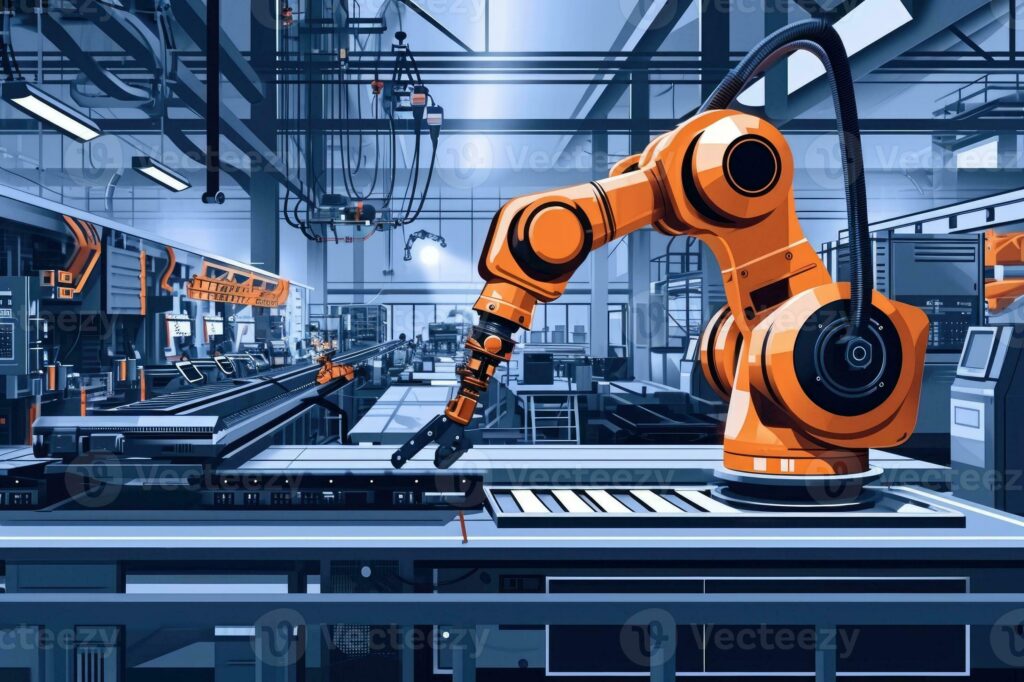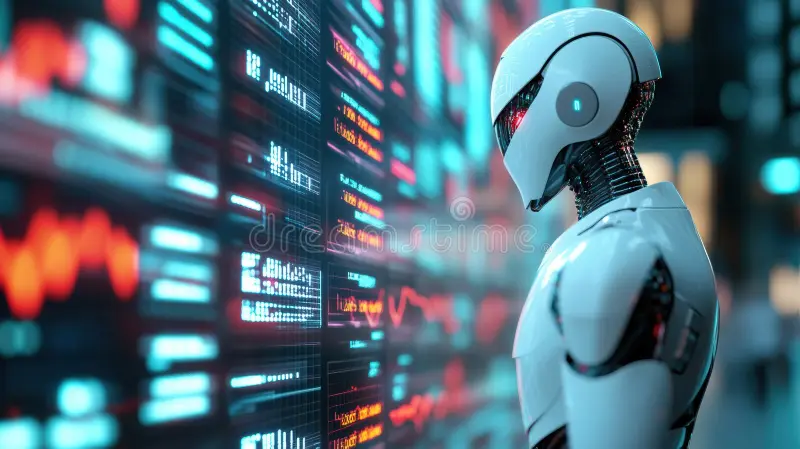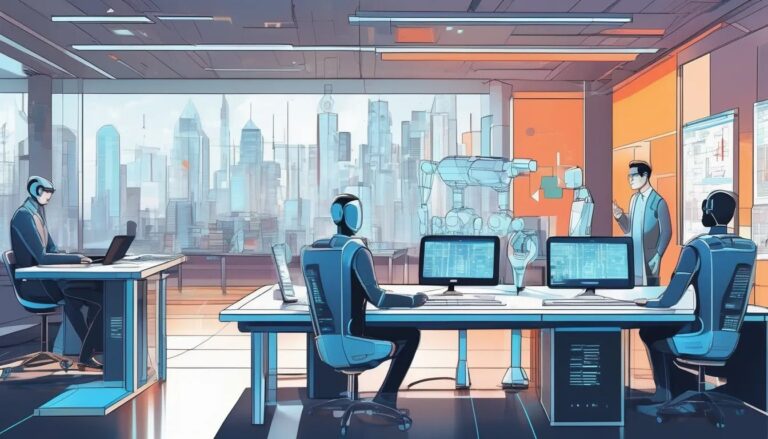
The Future Is Here—And It Thinks for Itself
Artificial Intelligence (AI) is no longer science fiction—it is our present and rapidly evolving future. From powering smart assistants to revolutionizing healthcare, finance, and warfare, AI is altering every aspect of human life. But this is just the beginning. The question we now face isn’t whether AI will change the world—but how, and at what cost.
Understanding Artificial Intelligence
Artificial intelligence refers to the simulation of human intelligence processes by machines, especially computer systems. These processes include learning (acquiring data and rules for using it), reasoning (applying rules to reach conclusions), and self-correction. The technology is powered by algorithms, massive data sets, and neural networks that mimic the structure of the human brain.
Today’s most recognized forms of AI include:
- Machine Learning (ML): Systems that learn and improve from experience without being explicitly programmed.
- Natural Language Processing (NLP): Enables machines to understand and communicate in human language.
- Computer Vision: Allows computers to interpret and understand visual data.
- Generative AI: Systems like ChatGPT and Midjourney that generate text, images, and even code.
Industries Revolutionized by AI
Artificial intelligence is reshaping the landscape of multiple sectors:
1. Healthcare

AI is diagnosing diseases faster than human doctors, customizing patient treatment plans, and even predicting future health risks. Tools like IBM Watson and Google Health are leading this transformation.
2. Finance
From detecting fraud to managing assets, AI is increasing accuracy and reducing human error in banking. Robo-advisors now manage portfolios for millions across the globe.
3. Manufacturing and Logistics

Smart factories and autonomous delivery drones are driven by AI, optimizing production lines, reducing waste, and speeding up supply chains.
4. Marketing and E-Commerce
AI-powered recommendation engines (like those used by Amazon and Netflix) drive user engagement and boost sales. Predictive analytics help businesses make smarter decisions.
5. Education
AI tutoring systems adapt to individual learning styles, improving student outcomes and making education more accessible.
The Double-Edged Sword: Ethical Challenges
But the AI revolution isn’t without consequences. As machines become smarter, ethical and societal questions grow louder:
- Job Displacement: Millions of roles are at risk of automation, especially in retail, manufacturing, and clerical sectors.
- Bias and Discrimination: Algorithms trained on biased data can reinforce social inequalities.
- Privacy: Facial recognition, surveillance systems, and data harvesting raise serious privacy concerns.
- Weaponization: Autonomous weapons and AI-powered surveillance tools are becoming a geopolitical concern.
Regulation and the Race for Control

Governments are scrambling to catch up. The EU’s AI Act and the U.S. Blueprint for an AI Bill of Rights attempt to set ethical and legal standards, but regulation remains fragmented. Meanwhile, companies like OpenAI, Google, and Meta are racing toward AGI (Artificial General Intelligence)—a theoretical AI with human-level cognitive abilities.
What Lies Ahead?
- Explainable AI (XAI): As AI becomes more embedded, the need for transparency and accountability grows.
- AI Agents and Multi-Agent Systems: From autonomous stock traders to robotic caregivers, these systems will soon manage complex workflows without human input.
- Human-AI Collaboration: Rather than replacing us, the future might involve working with AI—enhancing creativity, decision-making, and productivity.
Final Thoughts
Artificial Intelligence is not just a technological shift—it’s a societal metamorphosis. With the right safeguards and inclusive innovation, AI holds the potential to uplift humanity. But unchecked, it could deepen existing divides and amplify risk.
We stand at the crossroads of creation and consequence. The question is no longer what AI can do, but what we allow it to become.






